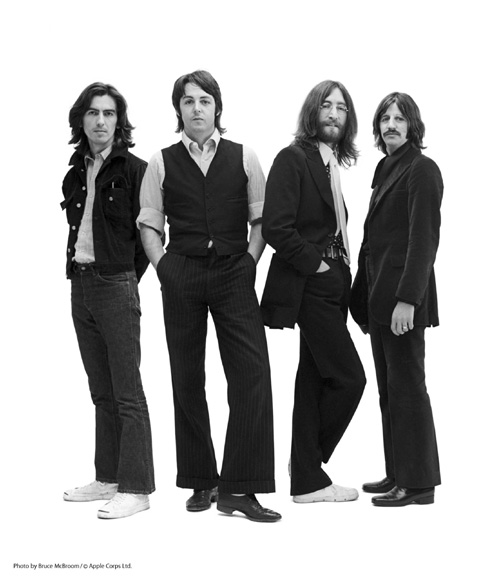
3. iTunes reinforces its market dominance
New, on-demand streaming music services like Spotify, Rdio and MOG have generated lots of buzz during the past year. But the Beatles-iTunes deal, which gives the digital retailer a period of exclusivity on one of the most storied catalogs in recorded music, provides a timely reminder of who really dominates digital music.
The deal also shows that even though the major labels have expressed a desire to foster greater competition in digital retailing, their urgent, short-term need to maximize sales still leaves them eager to cut exclusive deals with the No. 1 U.S. music retailer. And that, of course, only strengthens iTunes' leverage vis-a-vis the recording industry.
4. iTunes LP scores a big win
Ever since iTunes launched its "iTunes LP" album format in September 2009, the enhanced artwork, lyrics and videos it offered have failed to excite the mainstream digital music market.
Making the entire Beatles discography available only as iTunes LPs provides the format with its biggest marketing boost yet. It also helps justify the higher $12.99 retail price point for individual Beatles albums, which is a few dollars higher than the $9.99 that iTunes charges for albums by other heritage acts, like Led Zeppelin and (the solo) Paul McCartney.
5. The Fab Four fix a hole
U.S. digital music sales have shown worrisome signs of slowing. Digital album sales this year through the week ended November 7 were up 12%, slowing from a 17.5% increase during the same period last year.
Meanwhile digital track sales were down 0.4%, swinging from a 10.2% gain during the year-earlier period.
The digital release of the Beatles catalog obviously won't reverse that trend, but the development of the overall digital market will benefit as remaining hold-outs like AC/DC, Bob Seger, Kid Rock and Def Leppard license their music for digital distribution.